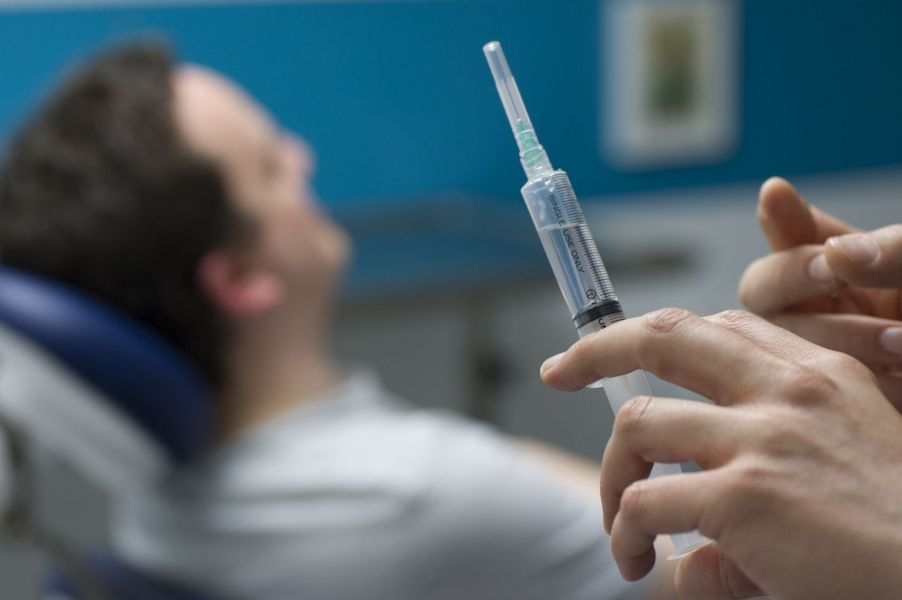German Health Minister Jens Spahn is in favour of restricting exports of vaccines produced in the EU, he said on Tuesday.
"Vaccines leaving the EU need a licence so that we at least know what is being produced and what is leaving Europe," he told German public broadcaster ZDF. "And if they leave Europe, make sure there is a fair distribution," he added.
Commenting on delays announced by Astrazeneca in delivering its coronavirus vaccine to the EU, he said he could understand that "in a process as complex as vaccine production, there are sometimes problems."
However, this must then "concern everyone fairly and equally", he said, while no delay is expected in supplying the UK, for example. It is not about "the EU first," but about making sure Europe gets its fair share, he said.
Related News
- EU in contract dispute with AstraZeneca on timely vaccine delivery
- Belgium to receive less than half of expected AstraZeneca vaccines
Spahn pointed out that the EU had concluded contracts with Astrazeneca and had already pre-financed an increase in production capacity.
The European Commission has earmarked up to 400 million doses of the vaccine, which is already in use in the UK. The European Medicines Agency (EMA) is expected to give its green light for the vaccine on Friday.
Astrazeneca had warned on Friday that deliveries of its vaccine in Europe would be lower than expected in the first quarter, due to a drop in production at a European manufacturing site.
The delays, which come after those of Pfizer-BioNTech vaccine deliveries, had angered EU Health Commissioner Stella Kyriakides on Monday, when she proposed a transparency mechanism on exports outside the EU of vaccines produced on its territory.
The issue of prioritising vaccines produced in the EU first to European countries is also sparking debate over their fair distribution around the world.
In mid-January, the head of the World Health Organisation (WHO), Tedros Adhanom Ghebreyesus, warned that the world would face a "catastrophic moral failure" if rich countries monopolised Covid-19 vaccines at the expense of poor countries.
The WHO and the Vaccine Alliance (Gavi) have set up the Covax mechanism to distribute Covid vaccines to poor countries, but the system suffers from a tendency for rich countries to go it alone and from a lack of funding.
The Brussels Times

